You may be caught off guard by the volume of high-quality Hollywood projects helmed by Australian directors, as the cinema of this region never truly gets the credit it deserves. After emerging in grand commercial fashion throughout the 1980s, the cinema of Australia shifted to critical acclaim with independent films throughout the 1990s.
Some of these names made multiple films in one year, while others worked with the biggest actors their region has ever seen: Russell Crowe, Nicole Kidman, Cate Blanchett, and Geoffrey Rush for example. And even if you don’t recognize the names of the creatives behind the scenes, you’ll undoubtedly recognize a few of the films throughout their respective careers. All that said, these are the ten greatest Australian directors of all time, ranked.
10 Chris Noonan
Off the bat, the most noteworthy project from the career of Chris Noonan would be Babe (1995), the famous family-oriented comedy from the mid-90s. For his efforts, Noonan picked up nominations at the Academy Awards for both Best Director and Best Adapted Screenplay (it's based on the novel of the same name by Dick King-Smith), and justifiably so.
But it’s worth noting that he cowrote the script with a fellow Australian filmmaker who will appear much later on. Chris Noonan never really set himself apart from his contemporaries, but Babe was a valiant-enough effort to warrant this spot at the start of the list.
9 Rolf de Heer
Although the filmography of Rolf de Heer doesn’t hold a candle to Noonan’s in terms of name value, the director at hand put out far more critically acclaimed projects throughout his time on the filmmaking block. Ten Canoes (2006) was the most prominent, though he co-directed with Peter Djigirr. Other standout darlings of his include Bad Boy Bubby (1993), The Tracker (2002), and Charlie’s Country (2013), with each featuring solid narratives and creative elements of behind-the-scenes filmmaking.
And while he’s so far made nearly twenty feature films, Rolf de Heer just can’t quite seem to garner the proper name value internationally. Nonetheless, he deserves this inclusion based on a fine balance of quality and quantity, ultimately coming in at number nine.
8 Gregor Jordan
In his famous debut as a director, Gregor Jordan released Two Hands (1999), of which he also wrote the script. It features Heath Ledger in an underrated performance, and the project as a whole picked up five wins out of ten nominations at the Australian Academy of Cinema and Television Arts Awards (also called the AFI Awards). Among the victories were Best Director and Best Original Screenplay for Jordan, while Heath garnered a nod for Best Actor. The two worked together again with Ned Kelly (2003), albeit to a less-acclaimed degree.
Aside from his collaborations with Heath, the most prominent release of Jordan’s career is Buffalo Soldiers (2001) with Joaquin Phoenix. But he also made The Informers (2008) with Billy Bob Thornton, Kim Basinger, Winona Ryder, and Mickey Rourke, along with The Unthinkable (2010) starring Samuel L. Jackson. The former was panned across the critical board, while the latter goes down as a rather underrated release. But those two efforts aside — Gregor Jordan had long solidified his spot among Australia’s greats thanks to the releases from his early career.
7 Phillip Noyce
Perhaps the two most prominent titles throughout the career of Phillip Noyce — at least, in terms of name value — would be his entries in the Jack Ryan franchise of book adaptations: Patriot Games (1992) and Clear and Present Danger (1994). With Harrison Ford in the starring roles as the franchise’s titular protagonist, they both accrued impressive numbers in ticket sales, of course. But they also go down as high-quality projects in general, with thrilling plots and impressive performances.
They’re far from the only noteworthy features of Noyce’s career, though. He’s made nineteen feature films in total, with other seminal titles being Dead Calm (1989), The Bone Collector (1999), and The Quiet American (2002). Despite a lack of name value himself, Noyce without a doubt deserves a spot on the list.
6 Cate Shortland
In spite of a clear paucity of popularity, Somersault (2004) and Berlin Syndrome (2017) are two of the finest Australian films ever made. They received widespread acclaim from audiences and critics alike, even garnering multiple nominations (respectively) at the AFI Awards. And they truly go down as essential Cate Shortland pieces, with Somersault known as as a poignant romantic drama and Berlin Syndrome classified as psychological horror.
But she also made Lore (2012) and, most prominently, Black Widow (2021). The latter is of course part of the Marvel Cinematic Universe, so it made tremendous money in theaters and brought much greater recognition to Shortland’s name. Little do audiences know, she has other essential pieces as an Australian director.
5 Alex Proyas
From a perspective of sheer quality, the best films under the belt of Australian director Alex Proyas would have to be The Crow (1994) and Dark City (1998). The former is a cult classic superhero movie starring Brandon Lee in the definitive role of his career, while the latter goes down as a neo-noir science fiction stint with a fantastic plot through and through.
I, Robot (2004), the adaptation of Isaac Asimov’s 1950 short story collection of the same name, was well-enough acclaimed. But it’s mostly worth noting for its name value. And despite some lackluster releases in his later years, Proyas had long solidified himself as an all-time Australian great.
4 Baz Luhrmann
As a writer-director, Baz Luhrmann stands out on the list for being known as an auteur. He pens the scripts — to some degree, either by himself or with a co-writer — to each film he directs, resulting in a consistent style and voice featured all throughout his critically acclaimed career. And even if you don’t know him by name, you’ll without a doubt recognize his films.
His “Red Curtain Trilogy” stands out as the most prominent title, perhaps not collectively. But with Strictly Ballroom (1992), William Shakespeare’s Romeo + Juliet (1996), and Moulin Rouge! (2001), those titles individually are known around the world. And in total, whether you resonate with his filmography — including other titles like Australia (2008), The Great Gatsby (2013), and Elvis (2022) — Luhrmann is an essential name when discussing Australian cinema.
3 Bruce Beresford
Thanks to Driving Miss Daisy (1989), director Bruce Beresford was thrown onto the center of the Hollywood map. But he’d been active all throughout the decade leading up to that, his most seminal release. Among the most prominent was Breaker Morant (1980), which garnered ten wins out of thirteen nominations at the AFI Awards.
Meanwhile, Tender Mercies (1983) and Crimes of the Heart (1986) both picked up multiple nominations at their respective Academy Awards ceremonies. The former even came out on top in two of those categories, with another of the nominations being for Best Director. But for as great as those features were, Beresford’s best directorial effort was undoubtedly Driving Miss Daisy, a famous stint with Jessica Tandy, Morgan Freeman, and Dan Aykroyd. His other films (of which he’s still making today) only help land him here at number three.
2 George Miller
Off the bat, it’s worth noting the two famous franchises of George Miller: not just Mad Max, but also Happy Feet. The former is a fan-favorite action franchise with an apocalyptic setting, while the latter goes down as an acclaimed animated series. Sure, the sequel to Happy Feet (2006) wasn’t nearly as successful, with the first one making massive numbers at the worldwide box office, and even winning Best Animated Feature at the Academy Awards.
The original Mad Max (1979) was polarizing upon release, but it’s picked up great traction with more modern reviews. It of course had direct sequels in Mad Max 2 (1981) and Mad Max: Beyond Thunderdome (1985). But the most recent release in Mad Max: Fury Road (2015) truly set both this franchise and the director himself apart from his fellow Australian filmmakers. Well, all of them except for one, that is.
1 Peter Weir
In terms of critical acclaim, this is hardly even close. Gallipoli (1981), Witness (1985), Fearless (1993) — these are all highly revered titles with at least one nomination to their respective names at the Academy Awards. But there are three films in particular that grant Peter Weir the most glorious of placements: Dead Poets Society (1989), The Truman Show (1998), and Master and Commander: The Far Side of the World (2003).
Those are three of the biggest, most critically acclaimed films of their respective years. They star Robin Williams, Jim Carrey, and Russell Crowe, respectively. And the last of those thespians is also one of the biggest the names Australia has ever produced re: the film industry. Peter Weir of course has other stints under his belt worth noting, such as Picnic at Hanging Rock (1975) and The Way Back (2010). The former is an essential piece of Australian New Wave cinema. But in all, his filmography is undeniable. Weir is undoubtedly the best Australian film director of all time.

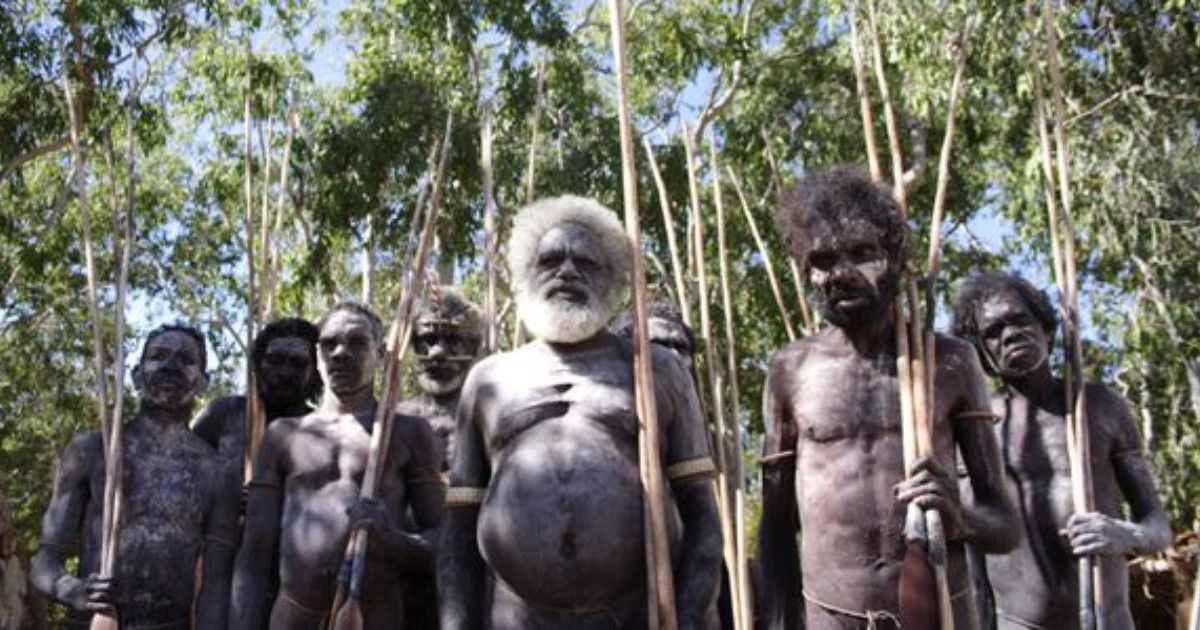
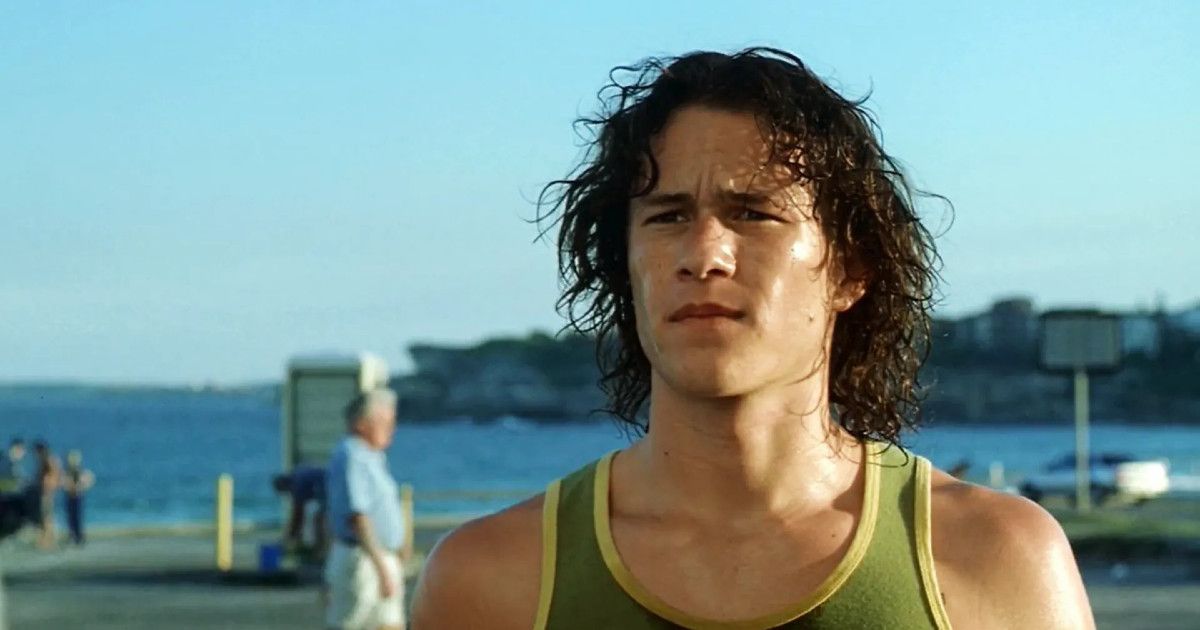
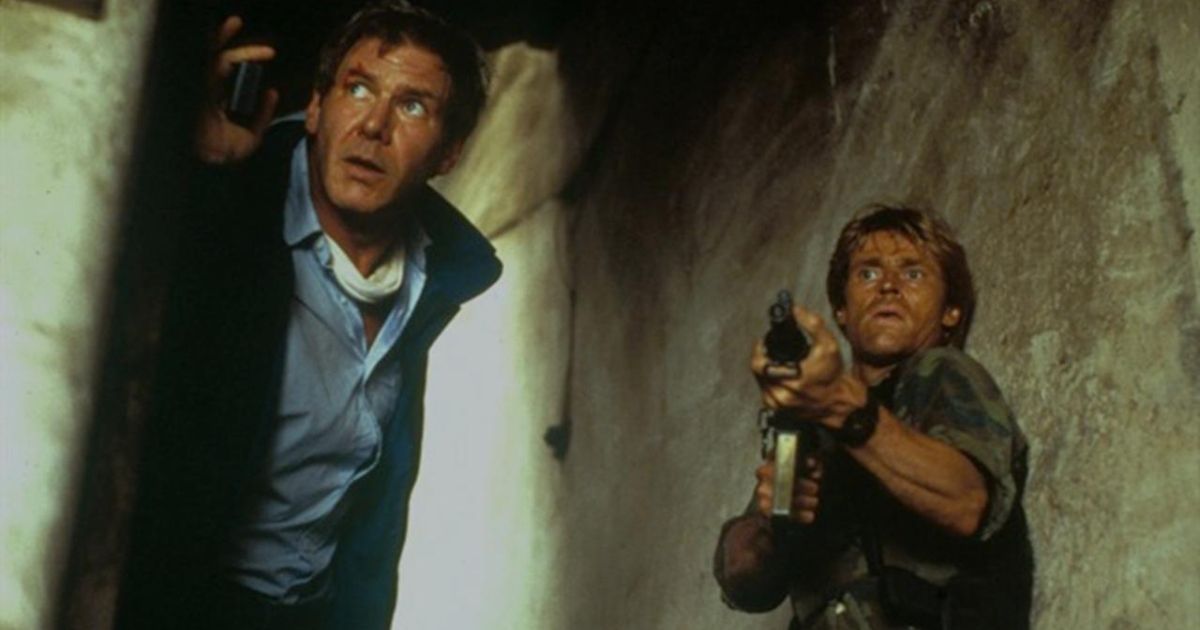
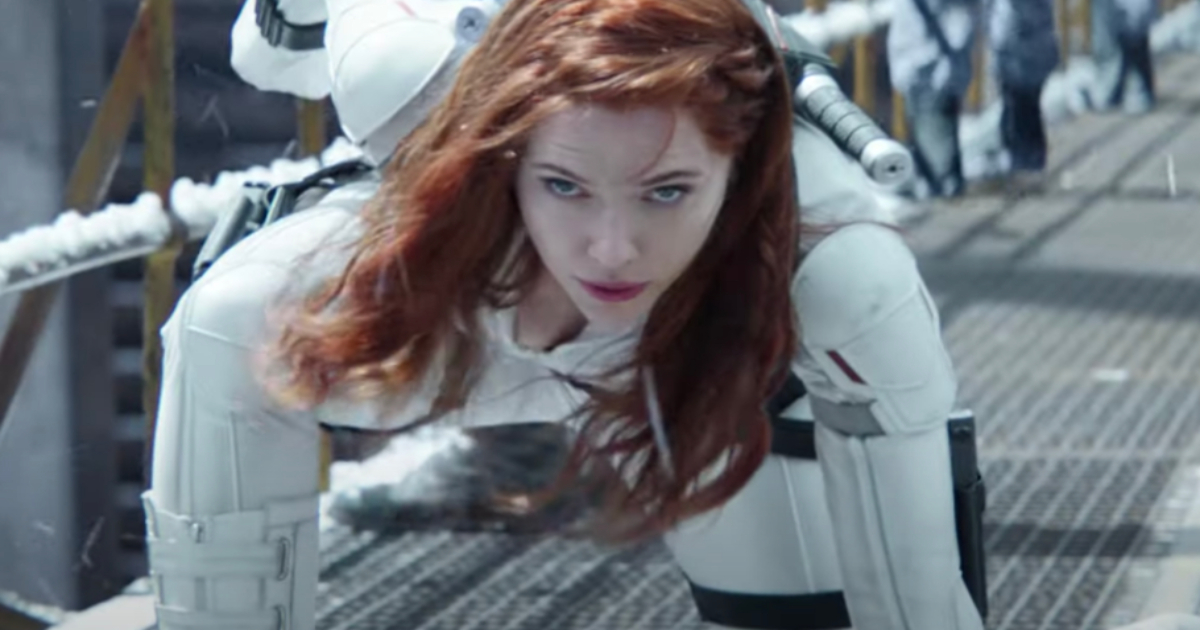
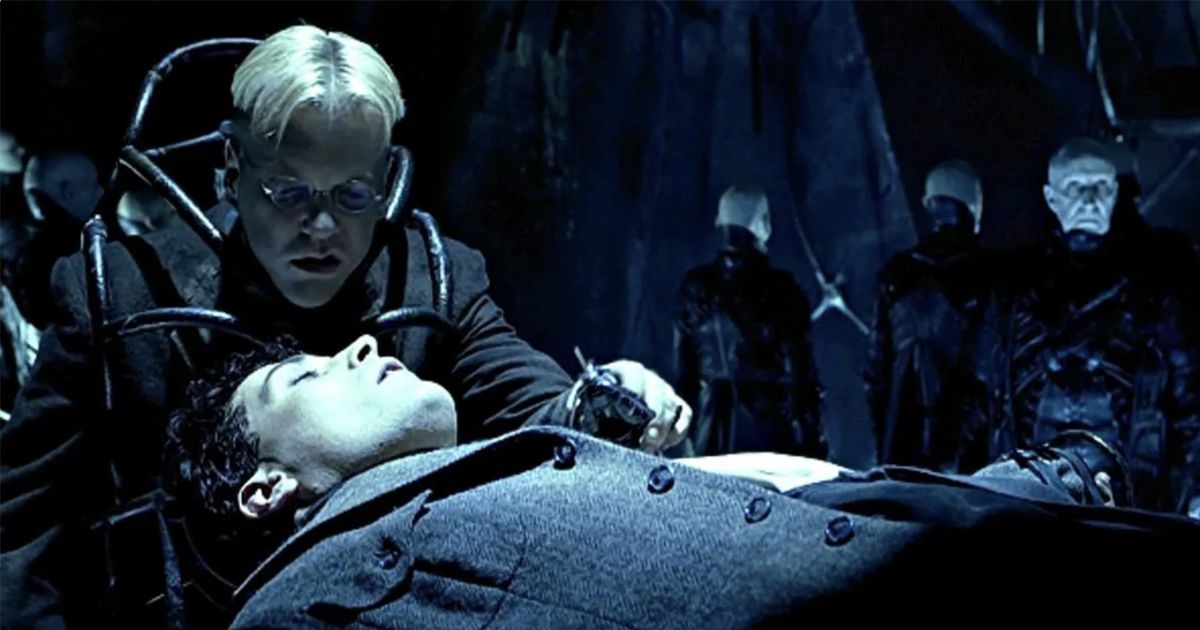
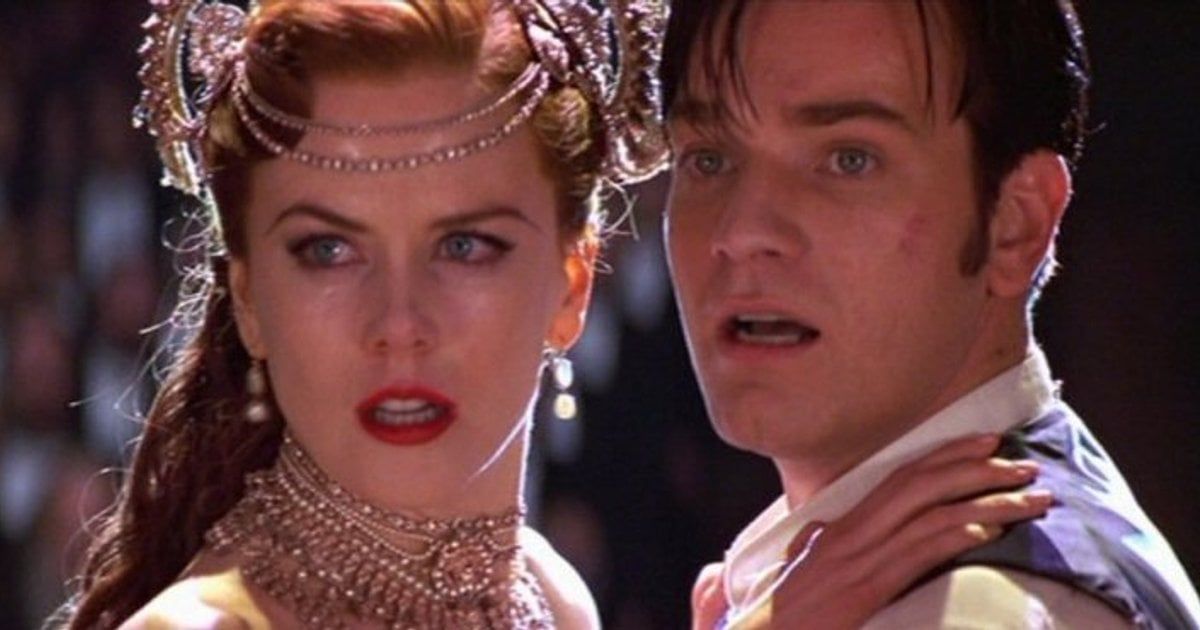
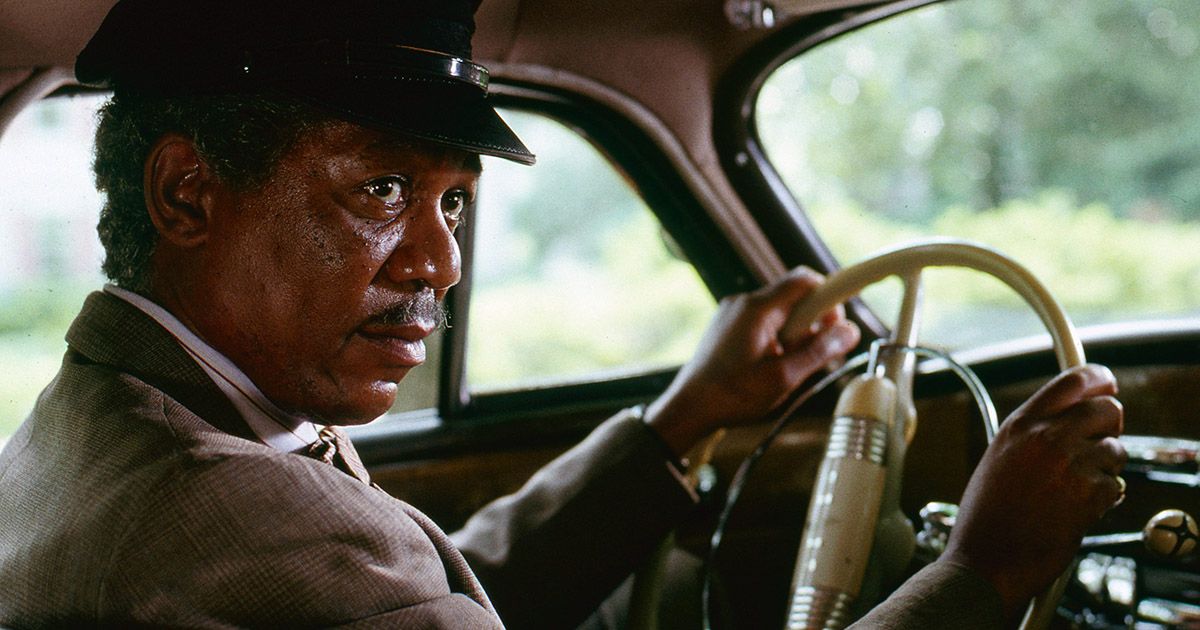
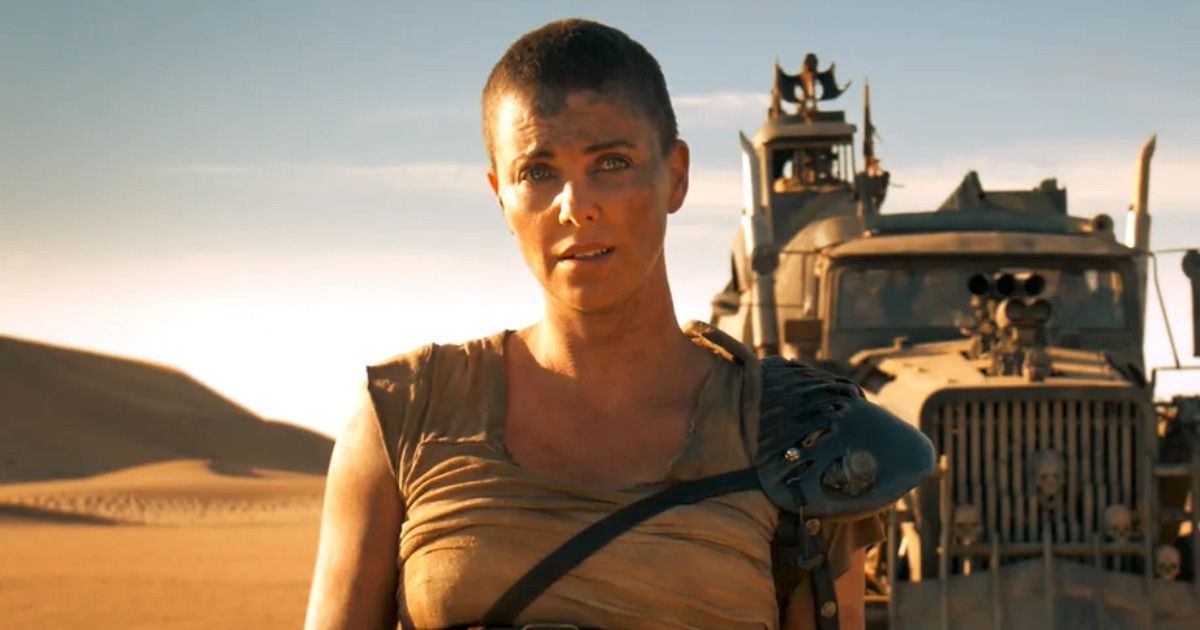
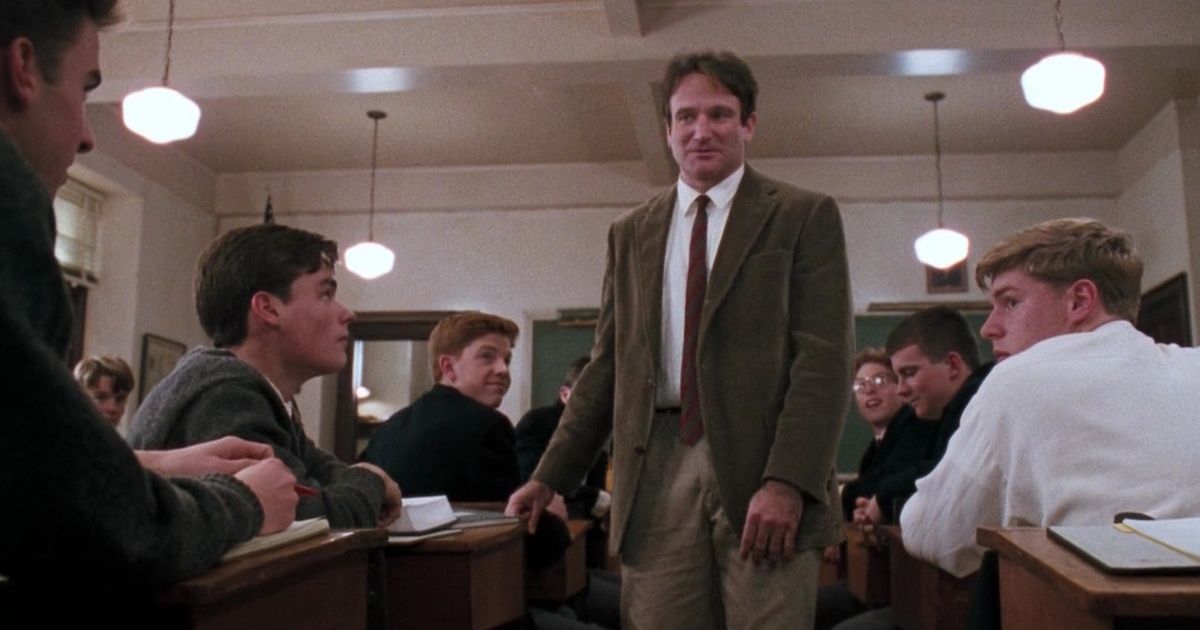
Comments
Post a Comment